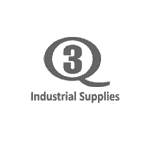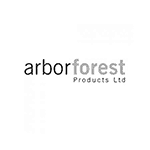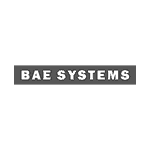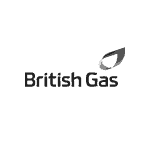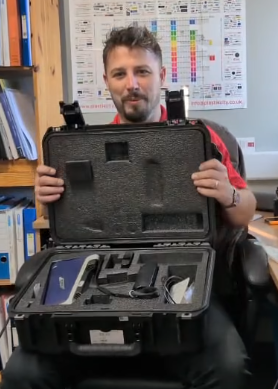Heat Exchanger Cleaning in the Plastics Industry
Save you & your team time, hassle & money by getting your industrial parts cleaned to the highest possible standards using the latest industrial cleaning techniques, reducing downtime and eliminating excess spend on consumables.
Heat exchangers play a crucial role in the plastics manufacturing, blow moulding and recycling industries in a variety of ways including:
- Temperature Control during various processes like melt and moulding, extrusion, and cooling. Without proper temperature control, the plastic products will not have the desired properties and the process will be less efficient.
- Heating is usually applied to surrounding equipment to maintain temperatures of operation
- Cooling is just as important as heating to maintain product density and flow rates
- Drying plastic materials by removing moisture from the air
- Sterilising where plastic products may be used in the food and medical industries
Why do Heat Exchangers need Cleaning?
Over time, heat exchangers can become contaminated and clogged after being exposed to various types of materials, which can include plastic particles, dust, oil/vapours and other contaminants. These contaminants can accumulate on the surfaces of the heat exchanger, reducing its efficiency and affecting heat transfer.
Additionally, if plastic materials are not properly cleaned before being processed, they can cause contamination and clogging. The accumulation of debris and buildup can impede the flow of materials and fluids through the heat exchanger, decrease the heat exchanger’s capacity to transfer heat, leading to lower efficiency and higher energy consumption.
The cleanliness of heat exchangers is essential to maintaining their efficiency and prolonging their lifespan.
How do you Clean Heat Exchangers?
When it comes to cleaning heat exchangers, there are several different methods that can be used to remove dirt, debris, and other buildup that can accumulate on the surfaces of the heat exchanger over time. These include:
- Chemical flushing: Using chemicals to dissolve and remove buildup from the heat exchanger surfaces. Chemicals such as acids and alkalis are used to break down the buildup, which is then flushed away.
- Mechanical cleaning: Mechanical tools such as brushes, scrapers, and high-pressure water jets remove buildup from the heat exchanger surfaces. This type of cleaning is often used for heat exchangers that have heavy buildup or are difficult to reach.
- Ultrasonic cleaning: Ultrasonic cleaning is an unrivalled way of removing contamination from the complicated engineering of heat exchanges, it not only dissolves the contaminant into the solution but the ultrasonic energy rips it from the surface anywhere that the solution touches, giving you a very high-end finish and confidence of outcome.
- Pyrolysis burn-off: This method is not that common because usually heat exchangers are made from softer metals such as copper or aluminium but in some cases where they are made of steel then we can burn off materials like oils or polymers that have contaminated them. The good thing about pyrolysis is it’s 100% removal of material and only requires a quick jet wash to remove the ash.
- High-pressure jet washing: Using high-pressure water jets removes certain types buildup from the heat exchanger surfaces. Jet washing is effective in removing dirt and debris, but it is not recommended for use on heat exchangers that have been contaminated with chemicals.
All these methods are used to remove buildup and debris from heat exchangers, allowing them to operate at optimal efficiency and prolonging their lifespan but it’s the combination of cleaning methods that will produce the best results.
The thorough cleaning of heat exchangers can help prevent equipment breakdown, save on energy costs and improve the final product quality.
Take a look at how we cleaned a heat exchanger and other parts from a plastic recycling drying system. The end result is pretty impressive!
The Benefits of Cleaning Heat Exchangers
Regular cleaning and maintenance of heat exchangers is crucial for efficiency and safety in plastics manufacturing, blow moulding, and recycling.
Keeping heat exchangers clean, can improve energy efficiency, reduce emissions, and prolong the lifespan of equipment, while ensuring the highest quality of final products. Additionally, it can prevent equipment breakdown, downtime and save companies from unexpected costs!
Using multiple cleaning methods will ensure the best results. Combining these methods with our experience, knowledge, flexibility and passion delivers the best results for every one of our clients. The same results cannot be achieved from in-house cleaning or cleaning operations with a single cleaning method.
For friendly & knowledgable help contact us on:
01924 495 975 hello@sonicsolutionsltd.com
Andrew briefly explains how your Free Trial works
Book Your FREE Trial Clean...
- Enter some basic details about your part.
- We’ll get in touch to arrange pick-up & delivery.
- You get cleaned part(s) sent back to you.
- That’s it!
What’s the catch?
In short, there isn’t one. You’re not obligated to do anything with us after your free trial clean. The truth is that we do pick up some great customers by offering select businesses a trial clean, but only when it’s a great fit and makes sense for all involved. Outsourced industrial parts cleaning isn’t for everyone and if it doesn’t make clear business sense for you to use us, we don’t expect you to. Simply put, we’re passionate about what we do and know that not everyone is aware of how effective, affordable and stress-free our service is which is why we offer this free trial from time to time to spread awareness.
Why Sonic Solutions?

The UK's only Full-Service industrial parts cleaning company

We've been going for over 16 years. Est. 2004

We offer a Satisfaction Guarantee on our cleaning

We're the Highest Rated ultrasonic cleaning company online

ISO 9001:2015 Certified

Unrivalled Expertise on Industrial Cleaning Methods

We provide a Fast Turnaround

Your parts are in safe hands as we're Fully Insured
Annual Savings of at least £75,328
“All in all a massive win for us, reducing costs and increasing revenue simultaneously in a very competitive market.”
Simon - Engineering Support Manager
Berry BPI Group
How we saved Simon £75,328 - Simon’s calculations were based on the following;
- An average 13 filters a month were cleaned in 2019. Erema laser discs in Simon’s case, but this process also applies to Ettlinger, MAS or other hot melt filters.
- Our multi-stage cleaning process means that each filter now lasts at least twice as long as they would’ve done otherwise
- Any hot melt filter costs well in excess of £1,000
- Total cost of cleaning, carriage, packing etc.. costs in the region of £100 per filter.
Simon’s conservative calculation of an annual saving of £75,328 was based purely on replacement costs. He also benefited from higher throughput, longer runtime and less downtime.
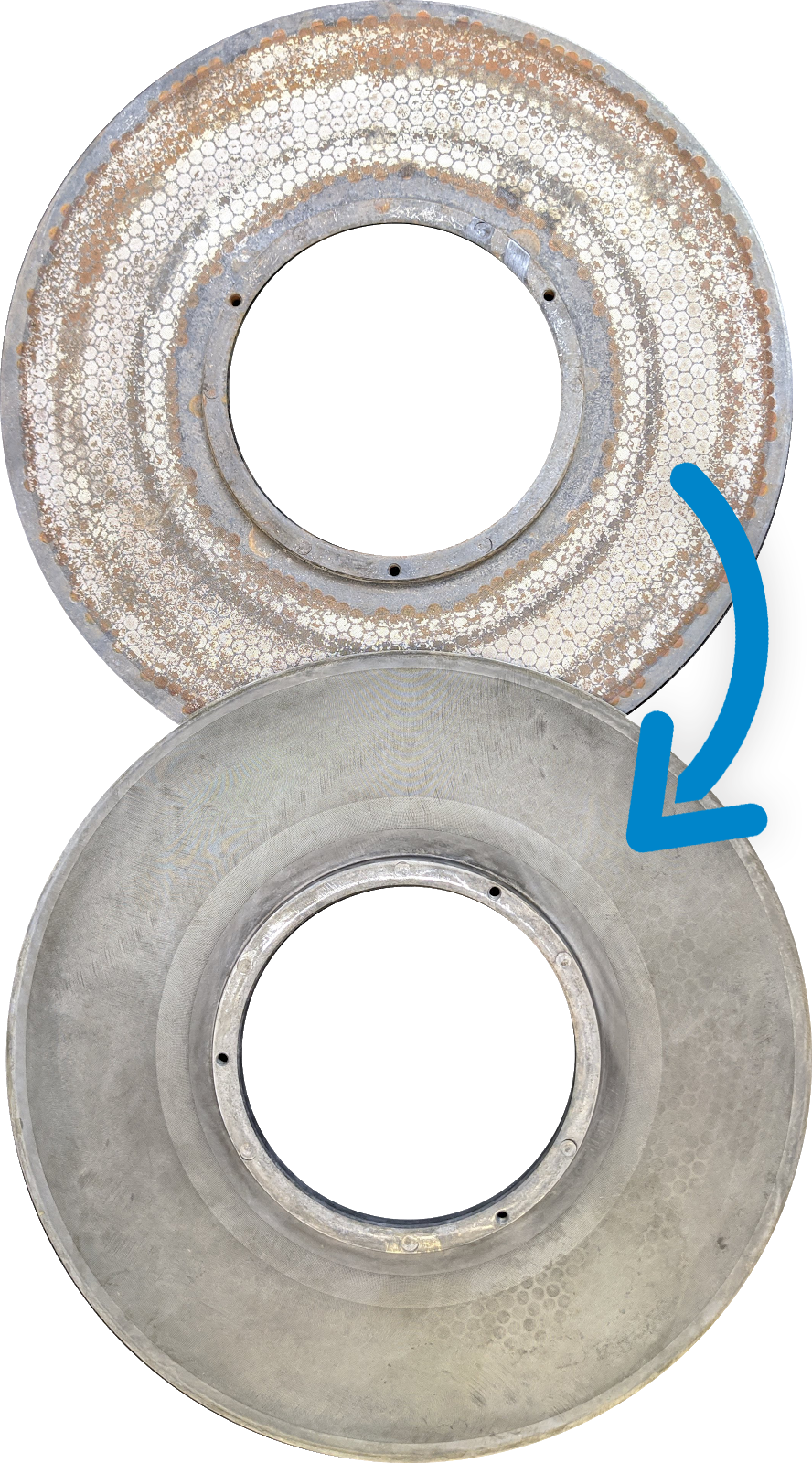
We often work with
Plastics Recycling & Processing
Read More
Oil & Gas
Read More
Power Stations
Read More
Precision Engineering
Read More
Automotive
Read More
Read More
Contact us
Click onPress the button to open our enquiry form and we’ll come back to you ASAP (usually within the hour) with answers, options, prices and services or call us today on 01924 495 975
Get In Touch
Fill out the form below, or if you would prefer you can call us on 01924 495 975
or email us at hello@sonicsolutionsltd.com
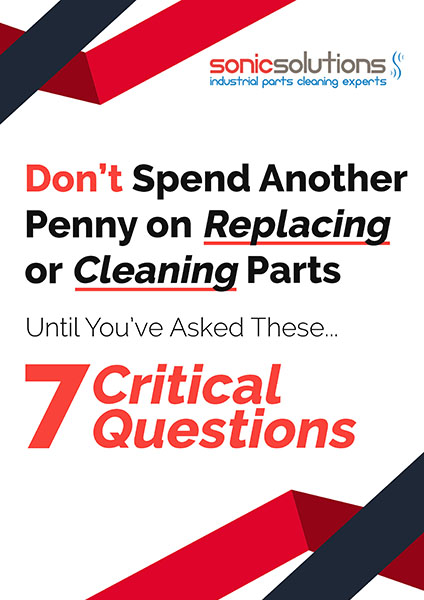
Don’t Spend Another Penny on Replacing or Cleaning Parts Until You’ve Asked These 7 Critical Questions.
Asking These Questions Saved One Customer over £70,000 a Year, Seriously!
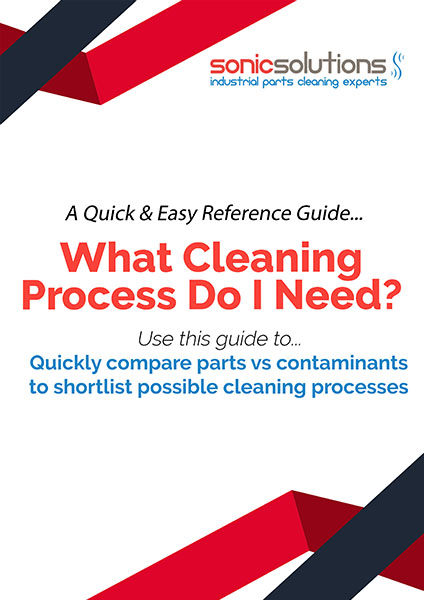
What Cleaning Process Do I Need? A Quick & Easy Reference Guide...
Use this quick reference guide to compare parts vs contaminants to shortlist possible cleaning processes (Ultrasonics vs Pyrolysis vs Jet Wash vs Vapour Blast vs Soak)
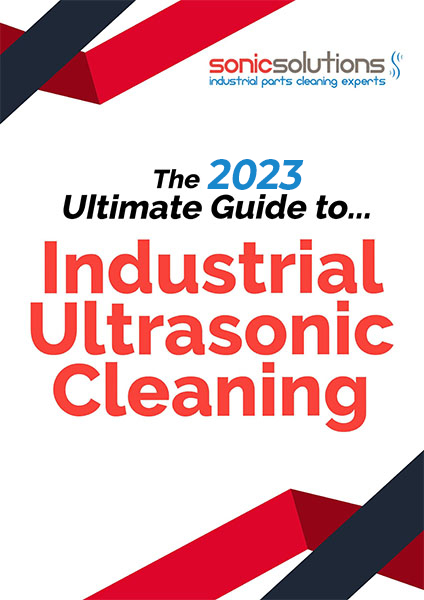
The Ultimate Guide to Industrial Ultrasonic Cleaning
Get a complete understanding of the underlying science, equipment and characteristics of ultrasonic cleaning.
Our Story
Hi. I’m Andy, owner of Sonic Solutions for 14 years. Our aim is simple, to get your dirty parts clean, as efficiently and effectively as possible, so you can get on with your business.
We provide a cleaning service, cleaning chemicals, and ultrasonic cleaning equipment, so whether you want to do the job in-house or just let someone else sort it out we can help.
So if you require any cleaning of your equipment to help maintain your parts, increase production and reduce money loss, why not get in touch with our friendly and professional team.
We look forward to hearing from you.
- Andy
FAQ's
How does ultrasonic cleaning work ?
Read our article here.
What are the key factors in successful Ultrasonic Cleaning
Read our article here.
How to specify the level of cleanliness required ?
Read our article here.
How to clean anilox rollers?
Read our article here.
How to clean Industrial filters?
Read our article here.

